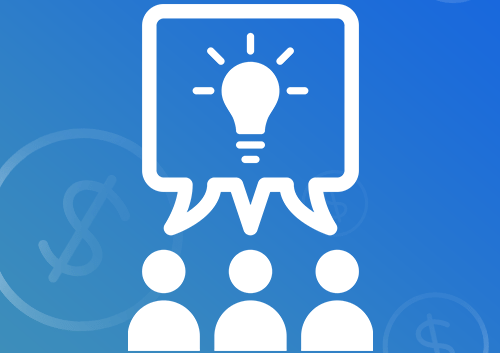- corporate
- Blog post
Group learning: How it can help – and hurt – memory
Classrooms. Seminars. Meetings. Learning often happens in groups. And multiple studies have shown that group learning has significant benefits. But can it also be disruptive to the learning process?
Researchers from the University of Liverpool and the University of Ontario conducted a meta-analysis of 64 studies on group learning to determine what works and what doesn’t. And it turns out, group learning does improve results. But it can have a downside.
The research
In analyzing dozens of recent group learning studies, the researchers uncovered two primary conclusions – good news and bad news.
First, the good news. After an initial, solitary learning event, collaborating with other learners improves individuals’ memories of the content. The dynamics of group collaboration – discussion, debate and social interaction – help learners get clarity, fill in the gaps, and solidify the new information in their memories.
As the researchers state, “We believe that this [improvement] occurs as working in a group means people are re-exposed to things they may have forgotten and this boosts their memory… it suggests getting people to work together to remember something is beneficial for individual learning.”
Now, the bad news. The analysis also found that collaborating too early in the learning process – e.g., working in a group to try to remember what you just learned – actually impairs individuals’ learning. Why? Because different people learn differently, and that’s hard to do in a group. The researchers call this phenomenon “collaborative inhibition.”
According to the researchers, collaboration in the early stages of learning causes learners to “hear each other recall information using competing retrieval strategies and their preferred strategies become disrupted. This results in each group member underperforming and the group as a whole suffers.”
Conversely, learners who work alone during the initial phase of learning and retrieval remember more because they are able to learn in their natural way.
Implications
It’s all about timing. If you put learners in a group when they’re still in the initial learning phase, you could disrupt their learning process. But if you wait until they’ve gotten a chance to wrestle with the information alone, then group learning becomes a powerful way to boost learners’ memory.
Here are some suggestions, based on the research:
Give learners the ability to learn their way. The research suggests that learners will retain more information if permitted to learn in their natural style. So create opportunities where learners can initially absorb the content on their own.
This could take many forms – an e-learning module, a reading assignment, a podcast. And if you primarily conduct group instruction, consider carving out time after your presentation for learners to reflect and review the content alone.
Consider making the first retrieval event an individual one. As group recall can be disruptive in the initial learning phase, build retrieval events where learners work alone. Short assessments like quizzes, written reflections and solitary practice can give trainees the opportunity to retrieve the information in their own style.
Use group learning to solidify and reinforce learning. After the initial learning phase, group learning has powerful benefits. As the study shows, it can clear up gray areas, fill in the gaps and reinforce key information. And peer learning can also help establish powerful social bonds among your learners, which will only enhance the results of your workplace training.
Source
Marion, S. B., & Thorley, C. (2016). A meta-analytic review of collaborative inhibition and post-collaborative memory: Testing the predictions of the retrieval strategy disruption hypothesis. Psychological Bulletin. doi: 10.1037/bul0000071

Get a demo of all our training features
Connect with an expert for a one-on-one demonstration of how BTS Total Access can help develop your team.



